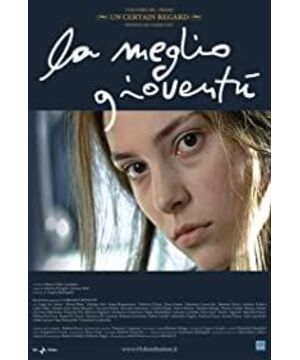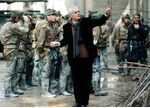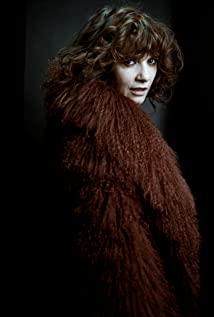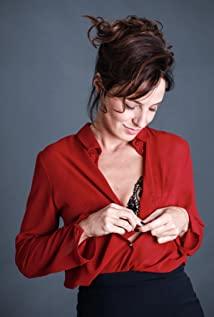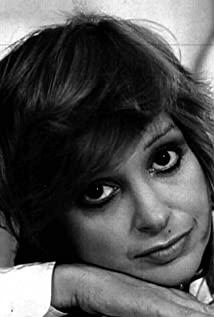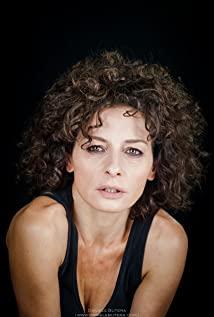There is a scene in "Brilliant Life": Ruic, a colleague of riot police Matteo, was paralyzed by left-wing demonstrators. Matteo talked about it in grief at his brother Nikolai’s house, Nikolai His wife Julia, a radical leftist, quit at the time.
"Too bad, you are on the wrong side."
"Are you sure? What's right? Is the poor side right?"
"Yes."
"Ruic knows what poverty is better than you. He is a man." Poor, he is not the one who labeled him a vegetative. We are eating cakes here, but he is lying in the hospital."
"I'm fed up with your rubbish talk!"
Nicholas had to come out to reconcile: "Please don't say anything. That's it!" Julia turned to play the piano, and Matteo joked: "Your wife is good." Nicholas smiled and said, "You two get along well." "She is the type that is always right." "Well, it's the same type as you." So the two smiled knowingly.
There are several similar situations in "Splendid Life": a dispute full of gunpowder, which ends with warm talk and laughter. This was the case when Nikolai's parents quarreled. This was the conversation between Nicholas’s fired worker friend and banker’s friend at the sister’s wedding. Nikolai and his daughter did the same when arguing whether a corrupt official deserves sympathy. This is how my daughter explained: I love you so much, I won't really fall out with you.
"I love you so much, I won't really fall out with you", it seems to reveal the secret of the bifurcation of comedy and tragedy in the world. Many times, you think that what you do is out of love, but in fact it is not enough. At other times, you are busy loving humans vigorously, but you forget to love the people around you.
Neither Matteo nor Julia have delved into this truth. They all tried to change the world around them through political struggles, only to find that the prerequisite for political struggles is the mastery of truth, and no one in this world has exactly mastered the truth. Julia became more and more radical in the left-wing movement in the 1960s. She abandoned her family and defected to a terrorist organization, engaged in assassination work, and finally became a prisoner, but the world did not get better because of it. Matteo has struggled with the ugly system throughout his life, from a deadly examiner to a barbaric mental hospital, from a hierarchical army to a shady police station, but he was beaten and beaten to blood in a new year. That night, he jumped off the balcony in response to the fireworks blooming outside the window.
But Julia's husband and Mateo's brother Nicola are different. He is gentle but not passive, distinguishing right and not in a hurry. For him to transform the world is not to uproot a system, but to start by giving people around him a bit of warmth. Zozhen, the girl in the film who was illegally electrocuted by the mental hospital, was not rescued by the left-wing Julia or the police Matteo, but slowly recovered under the care of Nicolas for decades. When Zuozhen completely closed himself up, he said to her: Come and water my plants every day, they need you.
If changing the world is a race between the tortoise and the hare, Matteo is the hare, and Nicola is the tortoise that runs slowly but far. Matteo gradually realized this as he kept running into walls. How he wished he could have that kind of patience. When he met the lovely girl Merina, he introduced himself like this: My name is Nicola.
Perhaps it is not politics, not religion, or law that guards the bottom line for our behavior, but what Nikolai's examiner called "sympathy." When I read about how a certain faction beat a certain faction during the Cultural Revolution or the atrocities in Nazi concentration camps, I was always shocked, because it was all in the name of false truth. What if everyone has a bottom line of compassion? What about a bottom line that politics, law, and religion cannot break through? Perhaps the hope of the world lies not in discovering the truth, but in asking a question, what about discovering the truth.
The biggest impression of the film is that everyone in the film is so beautiful, beautiful but not false. I think the director is really a kind person, it can be said to be tender. He allowed the radical Julia to play the piano well, made the grumpy Matteo a book fan, allowed Merena to get her son after losing Mateo, and allowed Nicola to regain love after her daughter left. He scrutinizes, sculpts, and appeases every tossing soul, making you feel that the world can get better, is getting better, and will get better—as long as you, like Nicholas’ father reminded you, don’t Abandon anyone around you and discover their touching features: "You have to let Julia play the piano, tell her how beautiful she is, you have to say, Julia, play for me."
-
View more about The Best of Youth reviews


